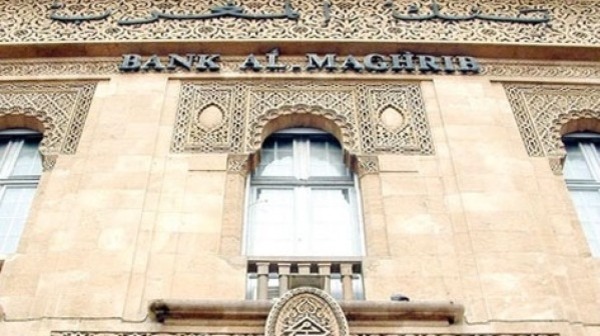Morocco’s central bank has approved the use of five types of Islamic banking transaction, giving a final regulatory nod for the country to launch an Islamic finance industry.
Islamic banks and insurers are setting up in Morocco after new legislation allowed them into the market, and the central bank has set up a central sharia board, a body of Islamic scholars, to oversee the sector.
The North African country long rejected Islamic banking because of concern about Islamist movements, but its financial markets lack liquidity and foreign investors, and Islamic finance could attract both of those.
In circulars published in the official bulletin over the weekend, Morocco’s central bank said any Islamic transaction would be subject to preliminary approval by the sharia board, called the Sharia Committee for Participative Finance.
The central bank said it was allowing five common types of transaction: murabaha, musharaka, ijara, mudaraba and salam. It also set regulations for conventional banks to open windows selling Islamic products.
It had given regulatory approval to three major Moroccan banks to open Islamic subsidiaries: Attijariwafa Bank, BMCE of Africa and Banque Centrale Populaire, as well as to smaller lenders Credit Agricole and Credit Immobilier et Hotelier.
Subsidiaries of Societe Generale of France, Credit du Maroc and BMCI have also won permission to sell Islamic products.
The circulars lay down conditions and regulatory frameworks for banks to manage deposits, funds and investments under sharia principles, which ban interest and pure monetary speculation.
Morocco’s government plans to issue its first Islamic bond in the domestic market in the first half of 2017; experts said that would stimulate business in the sector. However, parliament has yet to approve a bill regulating Islamic insurance.
Source: Reuters



